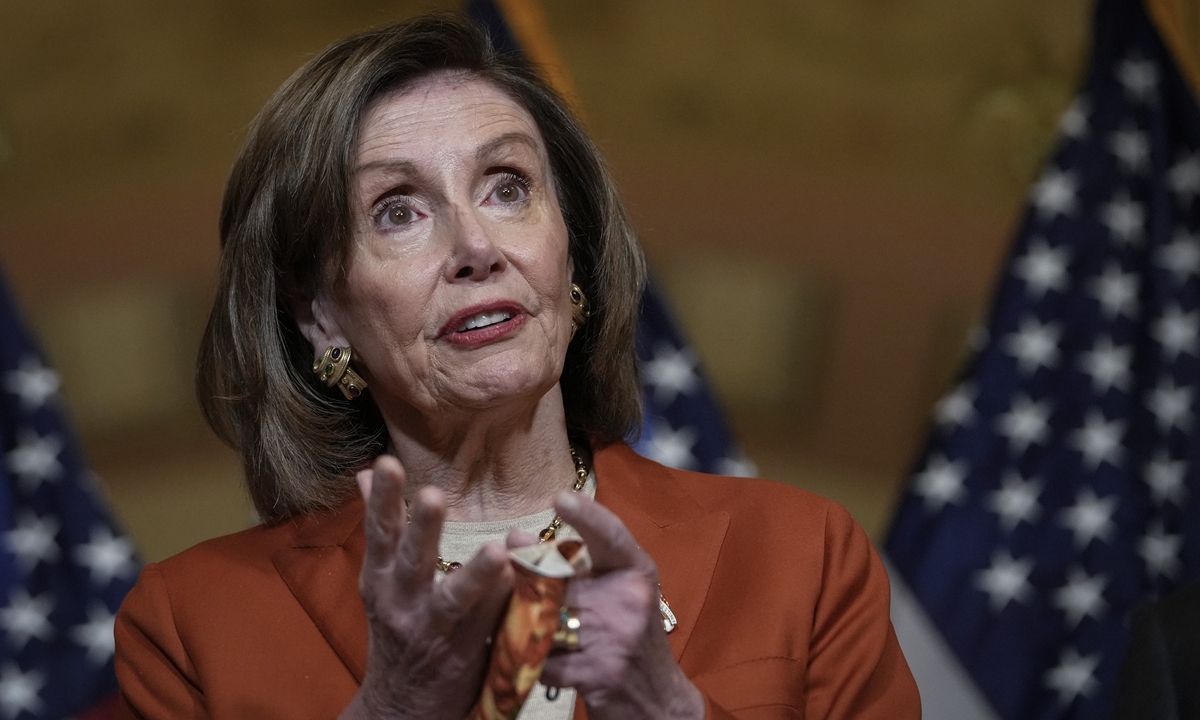Biden Must Restore America’s Presence in the Middle East
While the U.S. has usually viewed diplomacy in the Middle East as a top priority, this was Biden’s first trip in his one and a half years as president, likely due to a souring of relations with Saudi Arabia over its human rights violations, among other reasons. The goal of this tour was to revitalize relations with America’s Middle Eastern allies, but without a guarantee to increase oil production, it’s hard to call this trip a success.
The blame for this blunder falls at least partially on America’s inconsistent Middle East policy. While former President Donald Trump recognized the holy city of Jerusalem as Israel’s rightful capital despite Palestinian backlash, large-scale sales of arms to Saudi Arabia created something of a honeymoon period. This was undone when, after Saudi Crown Prince Mohammed bin Salman’s involvement in the slaying of a Saudi-American journalist came to light, Biden said he’d make Saudi Arabia “the pariah that they are.”
The price of fluctuating foreign policy is high, as the Saudis began cooperating with Russia in regard to oil production while moving closer to China militarily, damaging America’s influence on the country. Another especially important player to watch in the region is Iran. With Trump’s withdrawal from the Iran nuclear deal, the country has restarted its nuclear program, becoming ever-closer to obtaining nuclear weapons. Iran becoming a nuclear power would only provoke the Saudis to do the same, putting more of these weapons into more hands — yet another reason why the U.S. hoped to reconcile with its partner in the Middle East.
During the president’s tour, an online conference between leaders from Israel, India, the United States and the United Arab Emirates was held, abbreviated as the “I2U2 group,” likely with the goal of working together to keep Iranian weapons development and, for India in particular, China’s advance into the Middle East in check.
Threatened on two fronts by China and Russia, the amount of energy the United States can spare for the Middle East is limited. However, a reduced presence in the region would only allow for further instability. A foreign policy rooted in working with regional powers is the only way to regain a foothold in the area.


